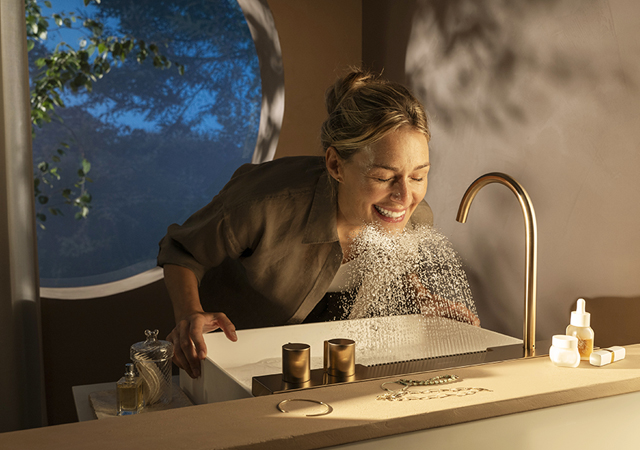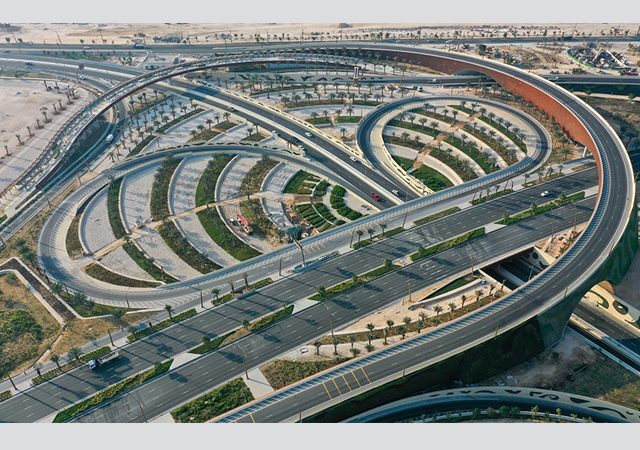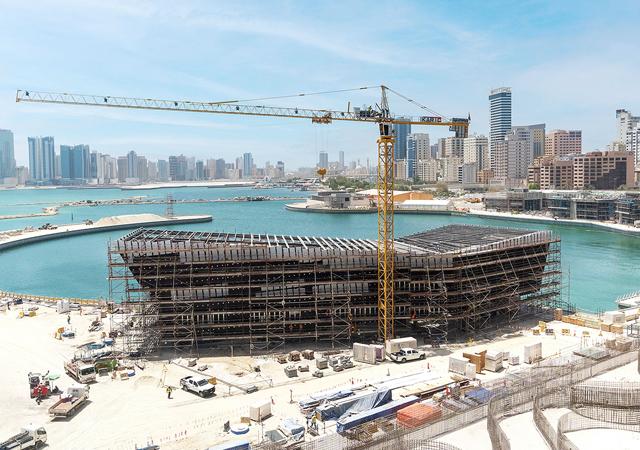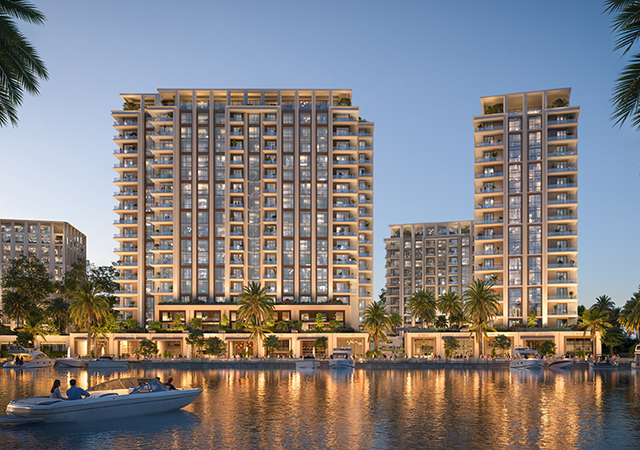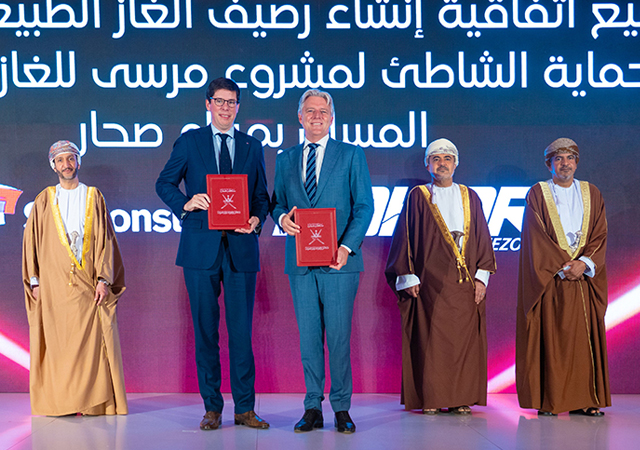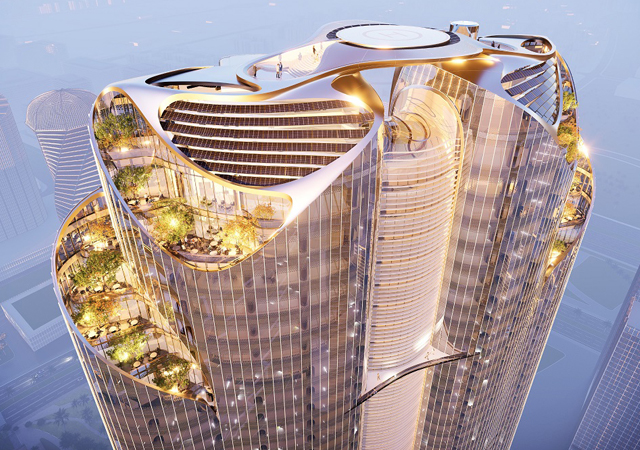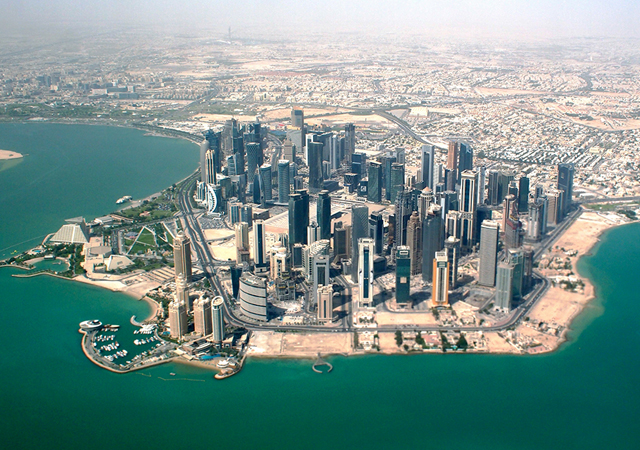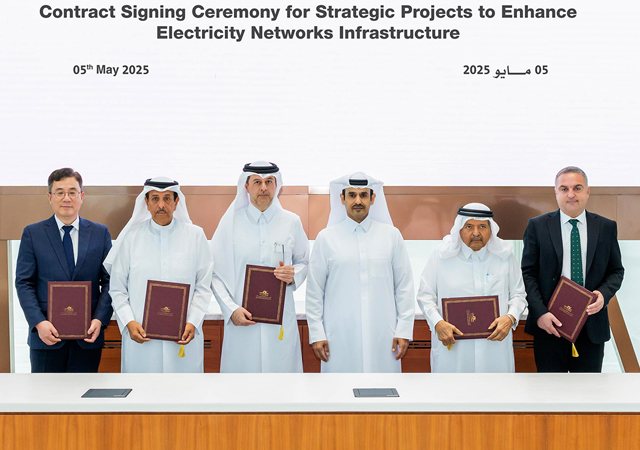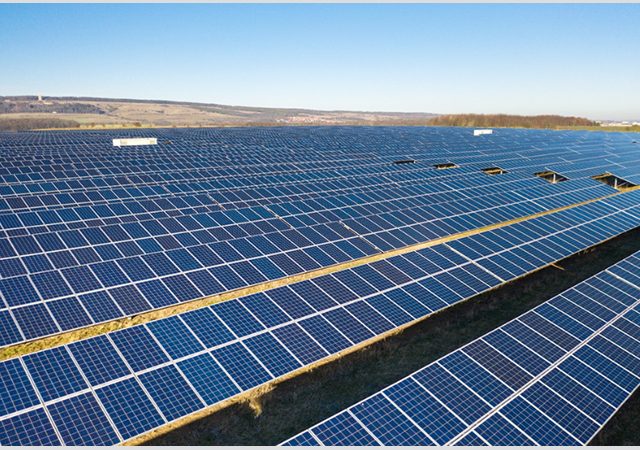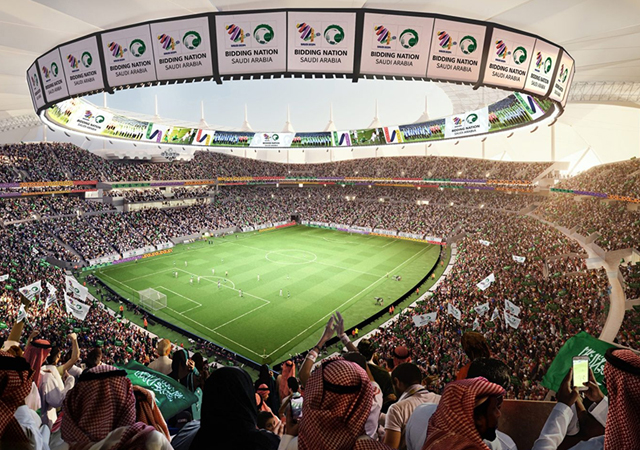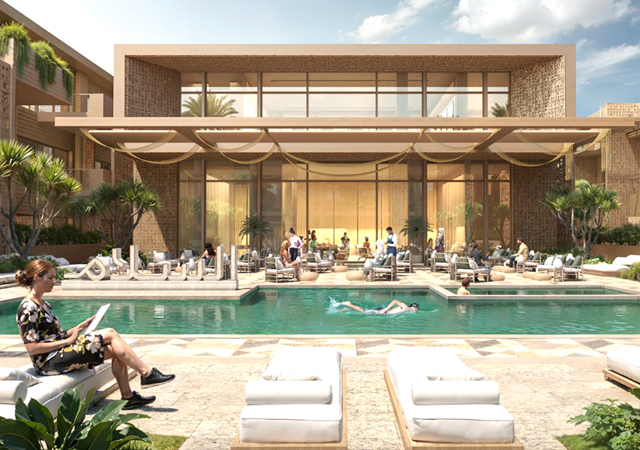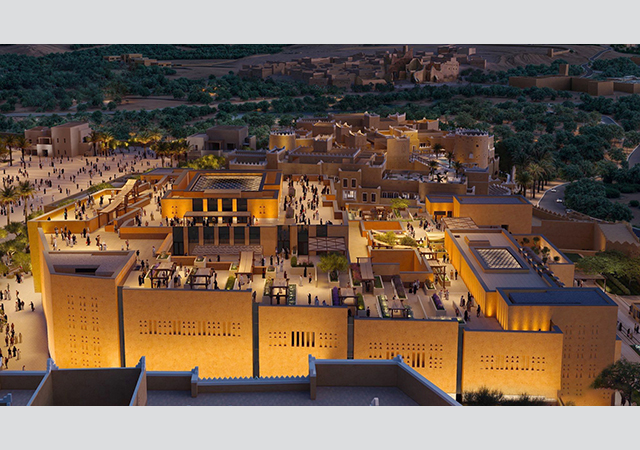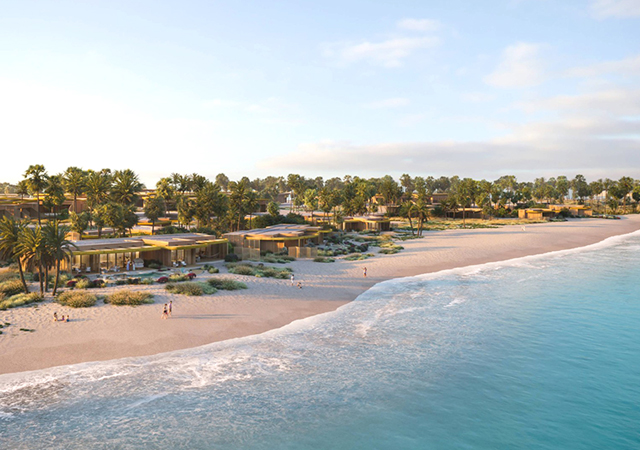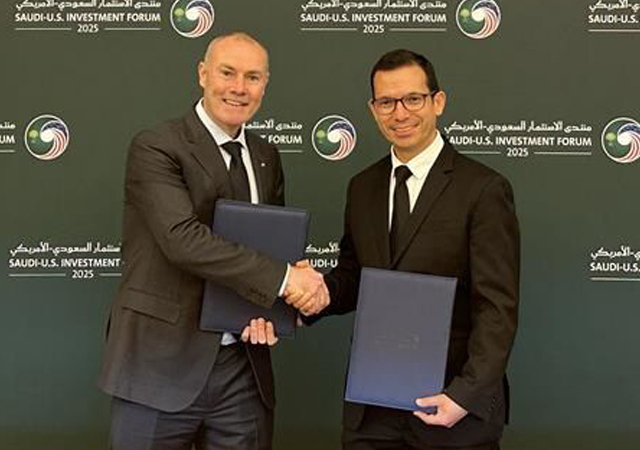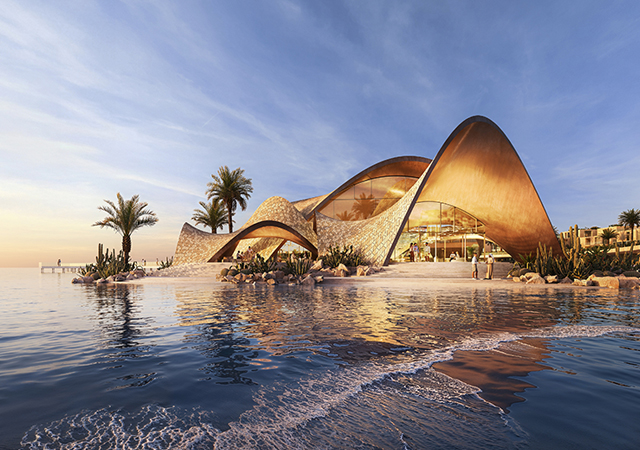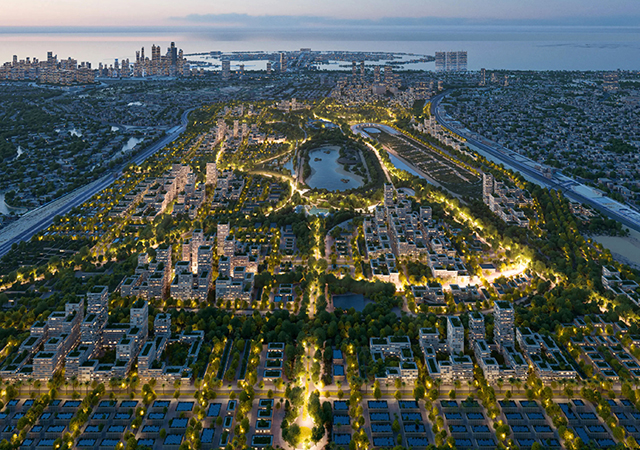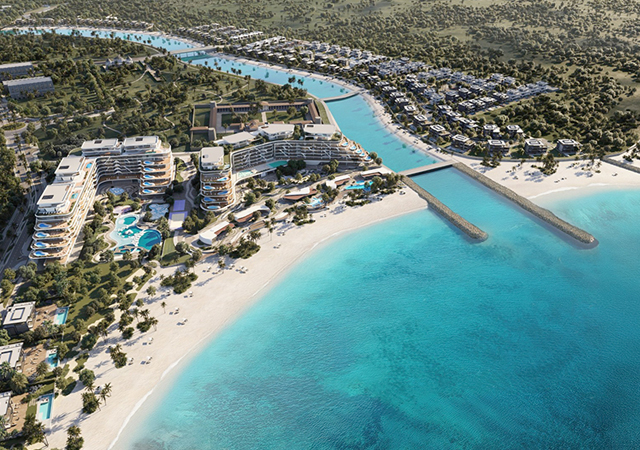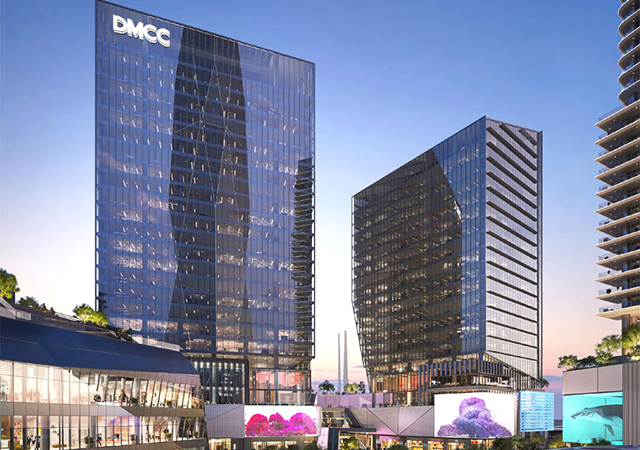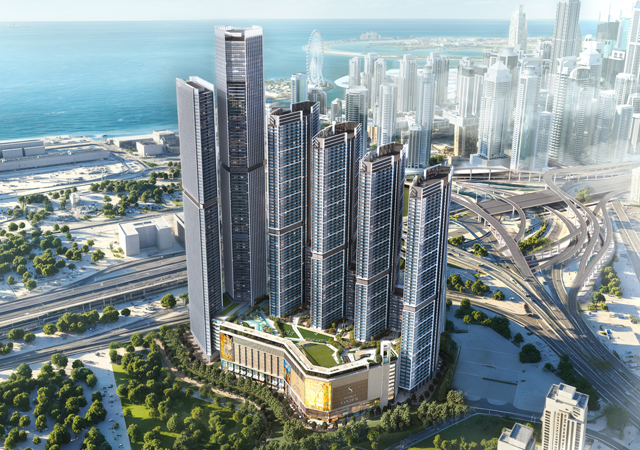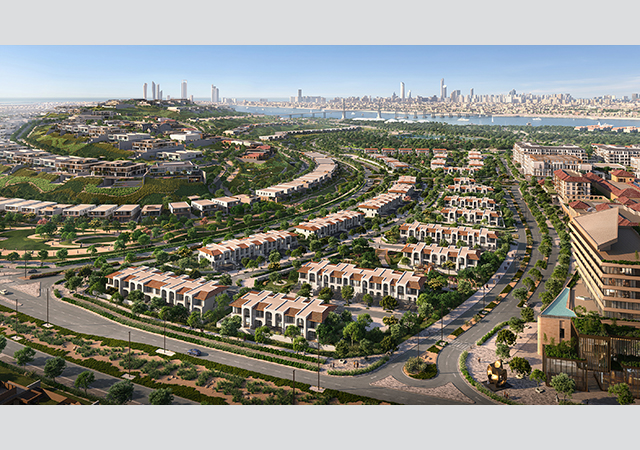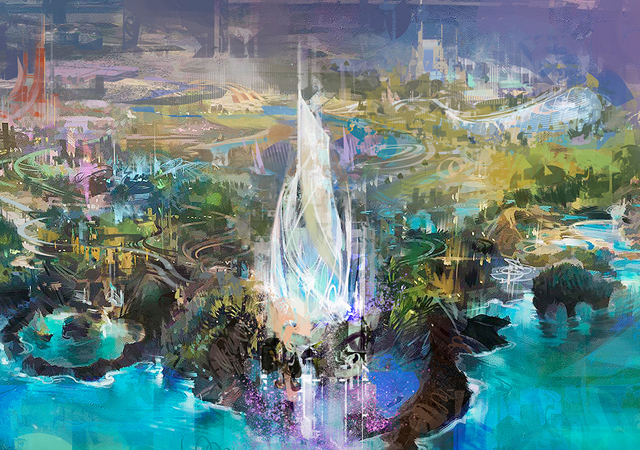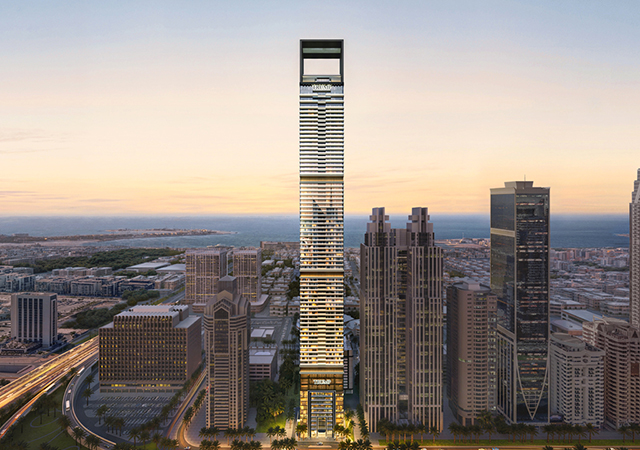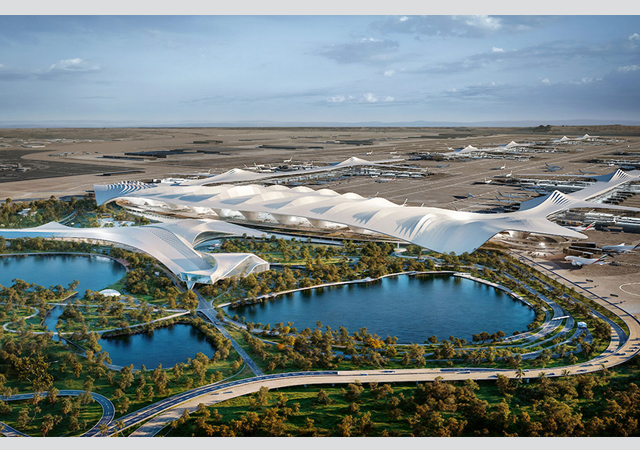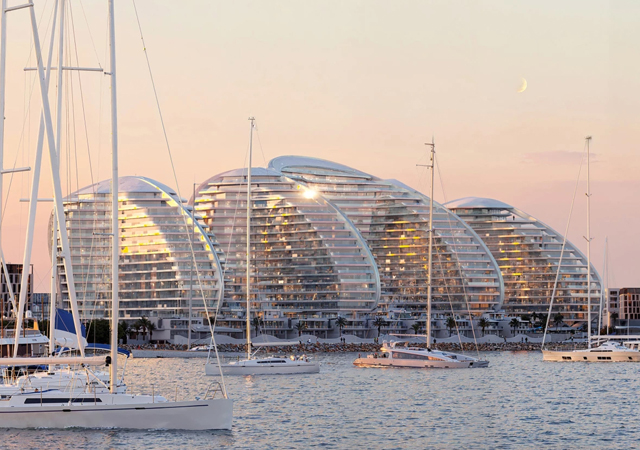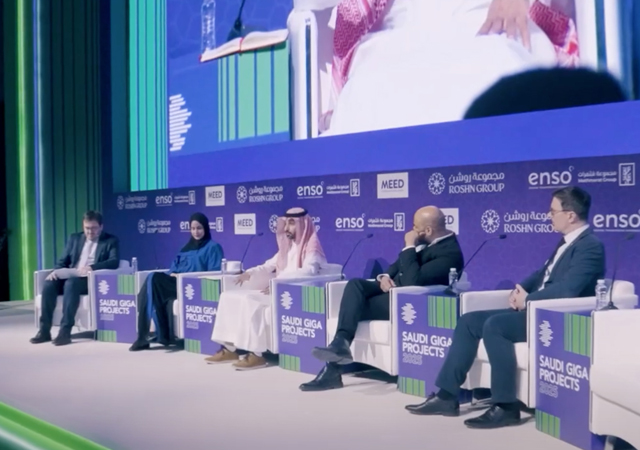
 The interior of the Festival Centre.
The interior of the Festival Centre.
Dubai Festival City, the Middle East’s largest privately-funded, mixed-use development taking shape on the banks of Dubai Creek, is set to open five major components over the next year, starting with the launch of the flagship Toyota showroom at the project’s automotive park this month.
Other showrooms that are are being built include those for Lexus, Honda, Volvo, Jeep, Chrysler and Dodge, completing its automotive park offering by December and redefining the car buying experience in Dubai.
The launch of the city-within-a-city’s two new schools in September, the American Universal School and Deira International School, will complete the development's educational offering.
November will see the opening of the UAE's largest Ikea store at DFC’s centrepiece destination, Festival Centre – a 2.6 million sq ft retail, entertainment and hospitality epicentre fronted by the Dubai Creek views.
Phil McArthur, director of leasing and marketing, Dubai Festival City, recently highlighted to over 50 managers for some of the world's leading brands the new developments that are shaping Festival Centre which is being fashioned into an ‘urban retail resort’.
To be fully completed in September 2006, the Festival Centre will cater for every need by seamlessly integrating a variety of experiences, including 400 shops representing some of the world's leading brands.
To help create this distinct urban retail resort, Dubai Festival City has rekindled its relationship with original masterplan architects, Jerde Partnership, which brought its flair and vision to the Festival Centre layout.
“In conjunction with Jerde, we have created a retail and entertainment destination infused with water and generous public spaces that will confirm Festival Centre’s place as a highly sought-after meeting, dining and shopping magnet,” said McArthur. “In addition, special features such as our ‘Sometime Pond’ in the heart of the shopping centre –which can be drained to allow us to put on concerts, product launches and other events – will add to its appeal.”
Festival Centre will also offer one of the most diverse food and beverage collections in the region, boasting over 75 cafes and restaurants and fast-food outlets each of which will have a scenic, waterfront setting.
In addition, it will also feature the 150-berth Festival Marina, a Mediterranean-style harbour, allowing yacht owners and visitors access to the centre’s offerings, whilst contributing to Dubai's reputation as a leading maritime hub.
“Accessibility has also been a key factor in the development of our retail hub with over 13,000 parking spaces being made available, the highest parking ratio in the UAE. Further to this, meticulous planning of road networks which dovetail into the Dubai Municipality's masterplan, coupled with direct access into the heart of Dubai Festival City by the new 12-lane Ras Al Khor bridge, will ensure traffic congestion is a thing of the past,” he added.
Festival Centre’s first phase, set for completion towards the end of this year, will feature retail outlets offering household and convenience goods.
During the first half of this year, the Dubai Festival City launched its massive hospitality offering “the largest, seamlessly connected, single project hospitality collection in the Middle East, which boasts over 2,500 rooms spread across some of the world's leading hotel management brands,” according to a spokesman for DFC.
“We have also opened the 18-hole championship golf course, Al Badia, which has been designed by master course architect, Robert Trent Jones II. The Four Seasons Golf and Country Club, which will include the A1 Badia golf course and its iconic club house, was also unveiled,” he added.
In 2006, DFC intends to launch of the second phase of its Al Badia Residential with some 190 homes, a mix of Mediterranean-style townhouses and luxury apartments all withviews of the Al Badia course.


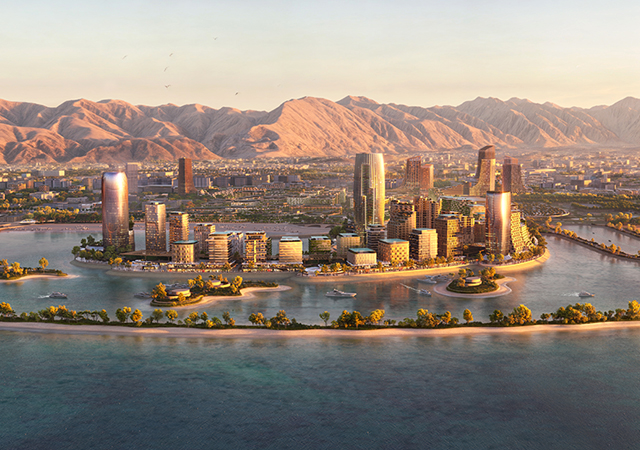
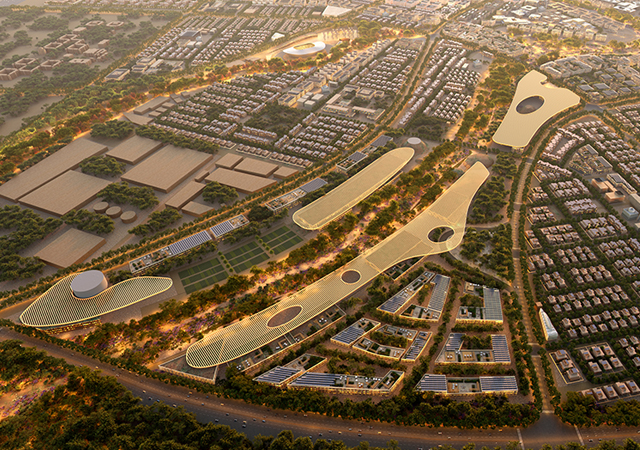
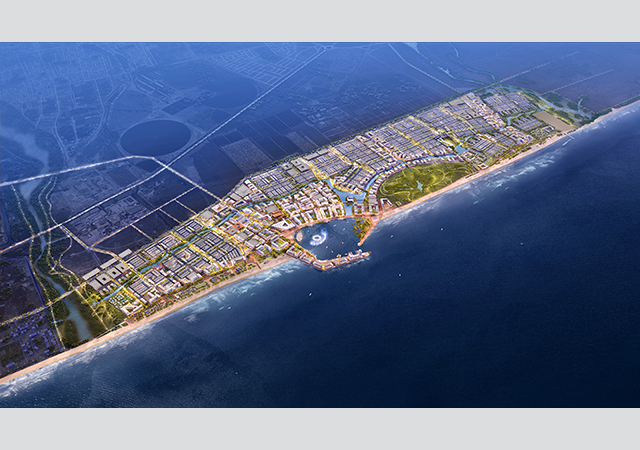
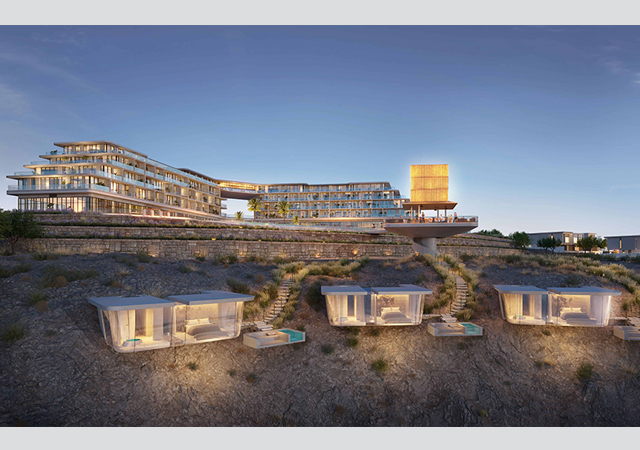
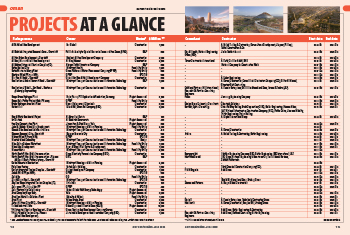
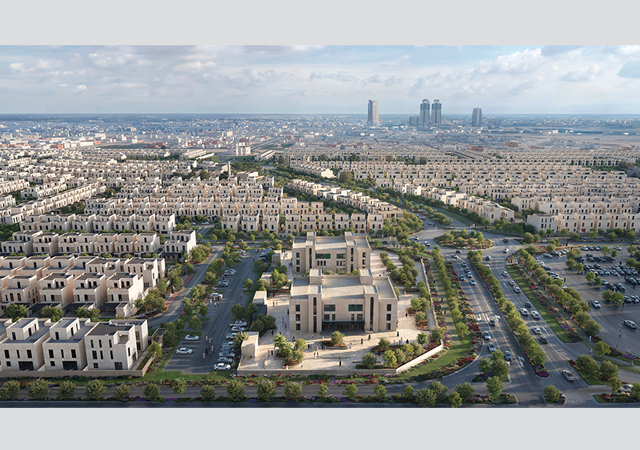
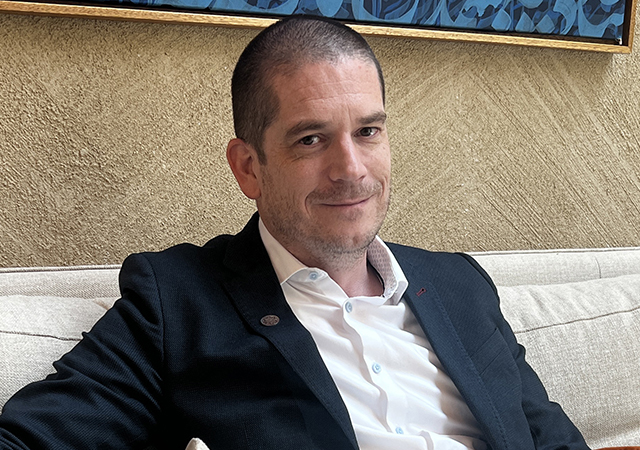

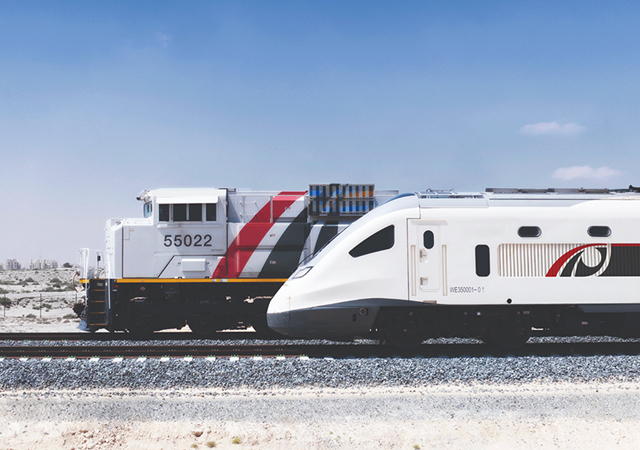
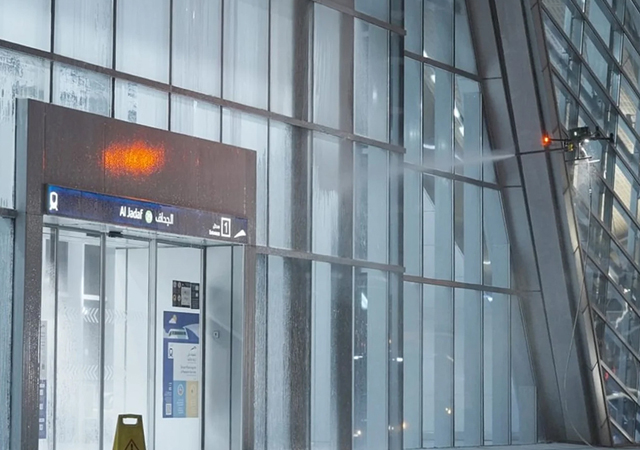
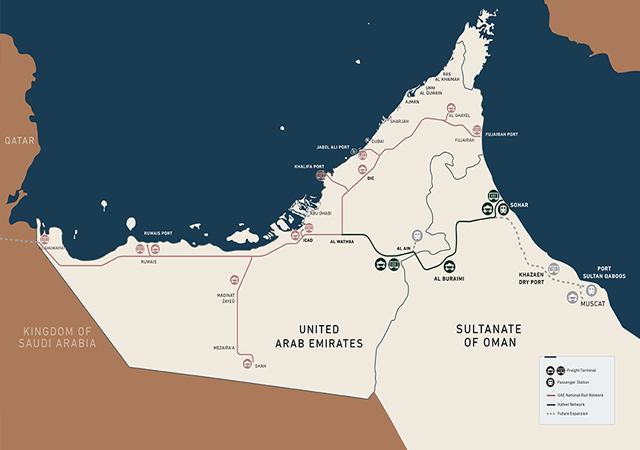
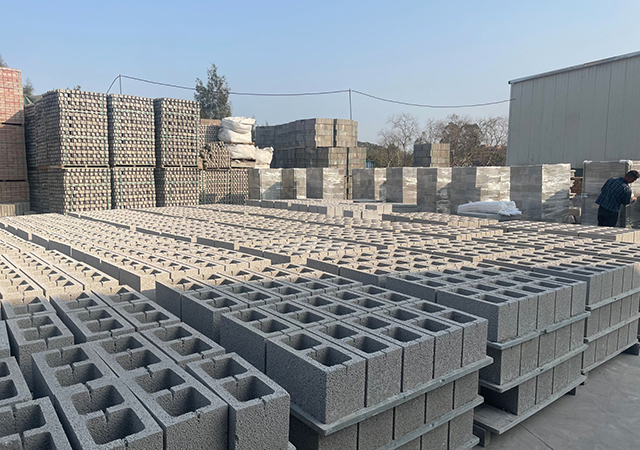
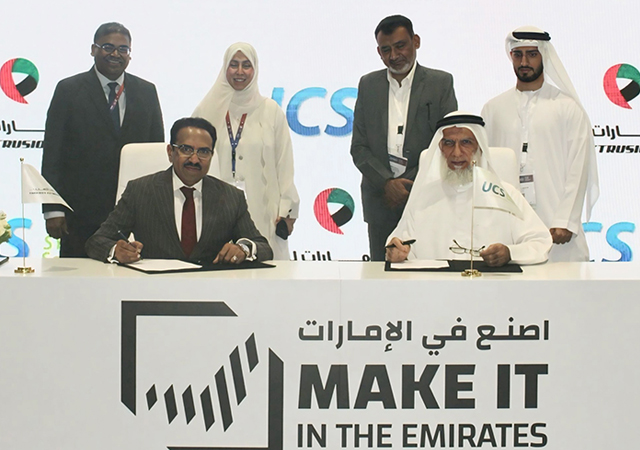
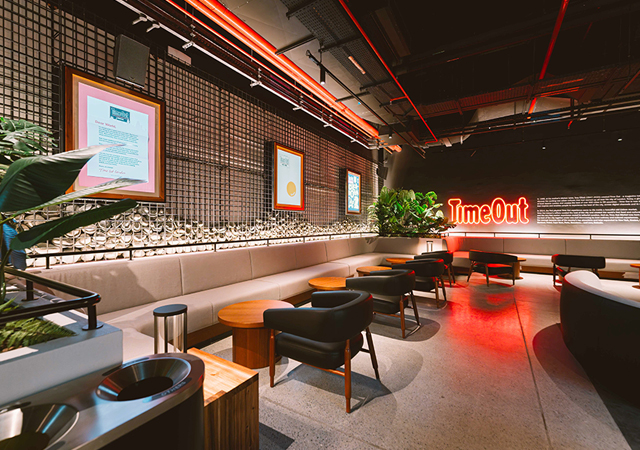
.jpg)
.jpg)
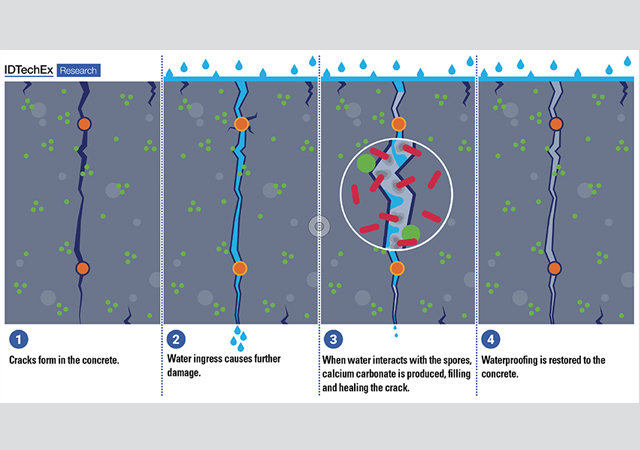
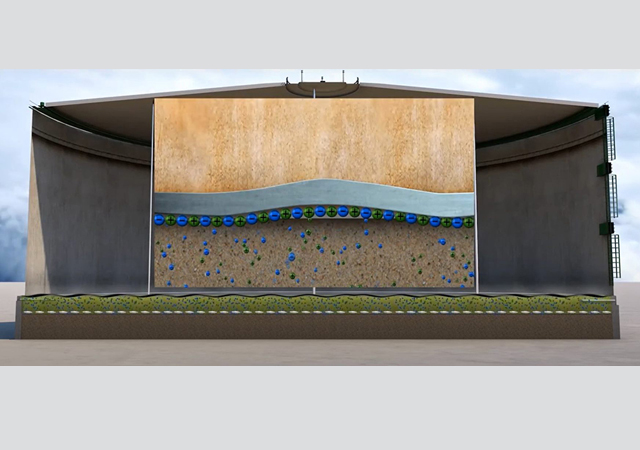
.jpg)
.jpg)
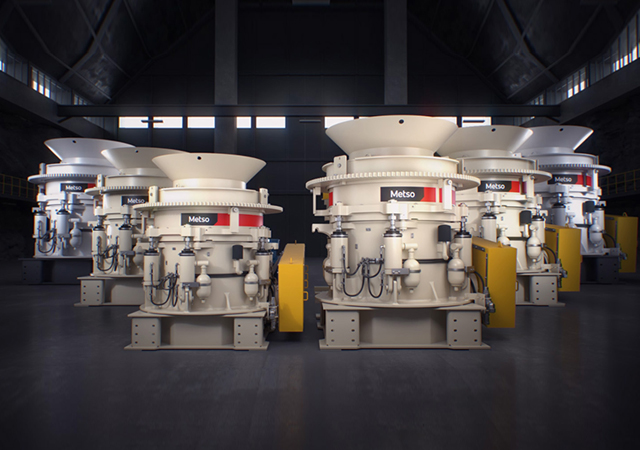
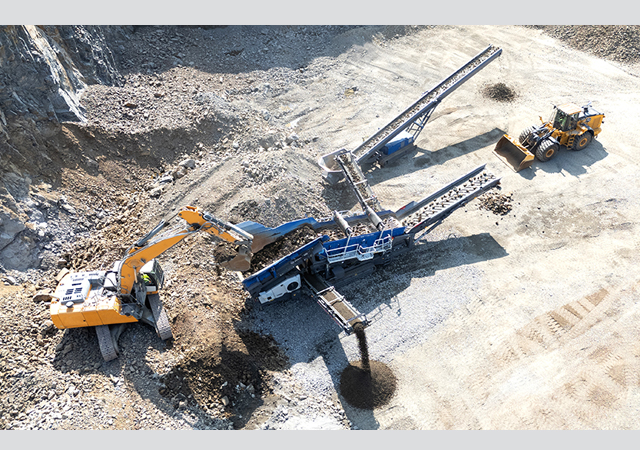
.jpg)
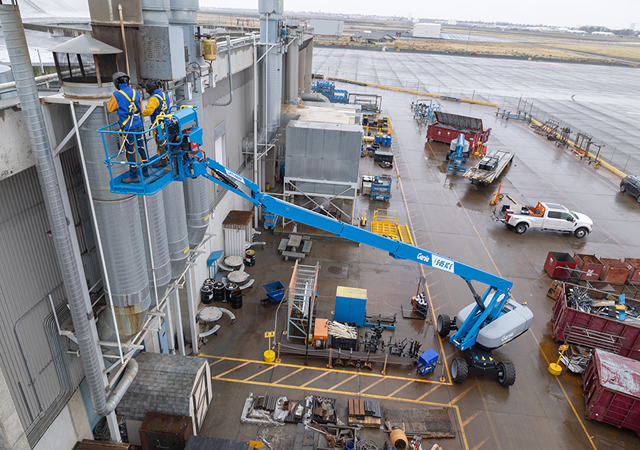
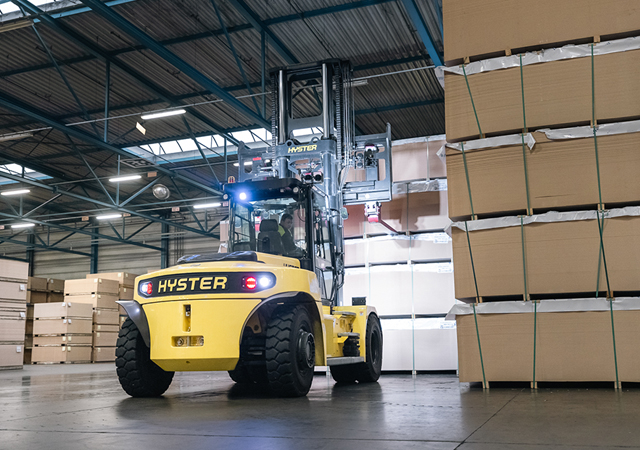
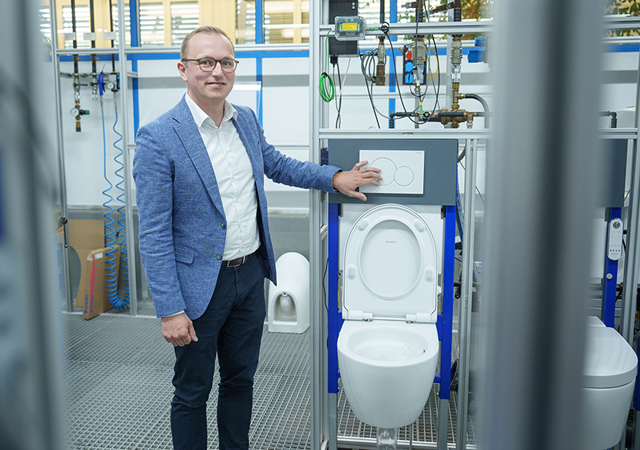
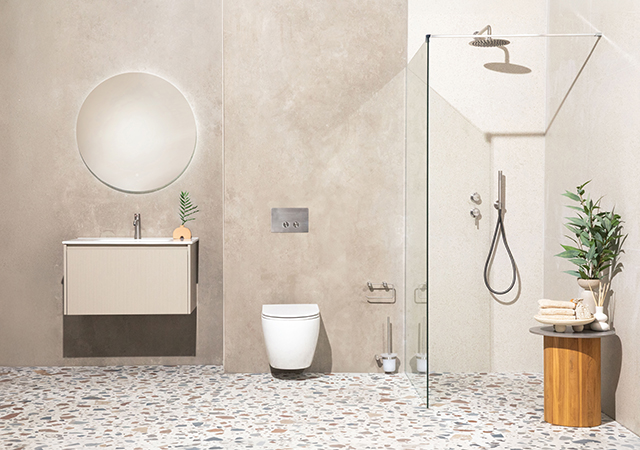
 Doka.jpg)
